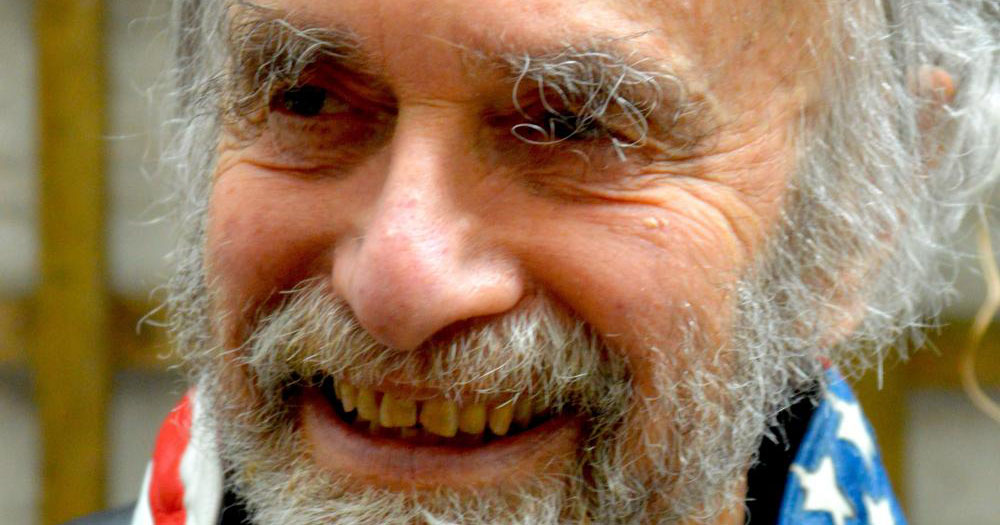Psychiatrist Richard Green, one of the first mental health professionals to speak out against the labelling of homosexuality as a mental disorder, has died at the age of 82.
He died of oesophagal cancer on April 6th at his home in London, his son Adam Hines-Green told the New York Times.
In 1972, early in his career, Green went against the advice of colleagues to publish an article in The International Journal of Psychiatry calling into question “the premise that homosexuality is a disease or a homosexual is inferior.”
The American Psychiatric Association dropped its listing of homosexuality as a mental disorder the following year.
Jack Drescher, a clinical professor of psychiatry at Columbia University, has told the Times “Those were times when, if you spoke up in support of homosexuals, people immediately thought that you were secretly homosexual yourself, or had unresolved sexual issues.
“Richard was very much heterosexual, and it took a lot of courage to argue for gay people.”
Far from viewing homosexuality as a disorder, Green was a consistent advocate for the rights of LGBT+ people. In 1962, he testified on behalf of a Nicaraguan man who was threatened with deportation from the US for being gay. The man won his case and was allowed to remain in the country.
Later, the Times reports, Green “testified on behalf of a transgender woman who was suing to keep her job as a pilot, and a transgender parent who was suing for child visitation.”
In 1979 he was a founding committee member of the Harry Benjamin International Gender Dysphoria Association, known today as the World Professional Association for Transgender Health.
He was also the author of The “Sissy Boy Syndrome” and the Development of Homosexuality, a book that reviewed his findings that many effeminate boys grow into gay men.
He also completed a law degree, which he used to further his work on behalf of the LGBT+ community.
In 1979, at a time when adoption by gay couples was effectively banned, he submitted an affidavit in support of two Californian gay men who wanted to adopt a child.
In 1990 he volunteered his services as co-counsel in a case brought by the American Civil Liberties Union against the Boy Scouts of America’s prohibition on gay scoutmasters. Although the Boy Scouts won the case, the ban was eventually dropped in 2015.
Green was also an early proponent of marriage equality, appearing on the television series The Advocates in 1974 to argue the case for marriage rights.
A native of New York, he taught at universities throughout the US and the UK as well as founding the International Academy of Sex Research.
He is survived by his son and his companion, Claire Loveday.
© 2019 GCN (Gay Community News). All rights reserved.
Support GCN
GCN is a free, vital resource for Ireland’s LGBTQ+ community since 1988.
GCN is a trading name of National LGBT Federation CLG, a registered charity - Charity Number: 20034580.
GCN relies on the generous support of the community and allies to sustain the crucial work that we do. Producing GCN is costly, and, in an industry which has been hugely impacted by rising costs, we need your support to help sustain and grow this vital resource.
Supporting GCN for as little as €1.99 per month will help us continue our work as Ireland’s free, independent LGBTQ+ media.

comments. Please sign in to comment.